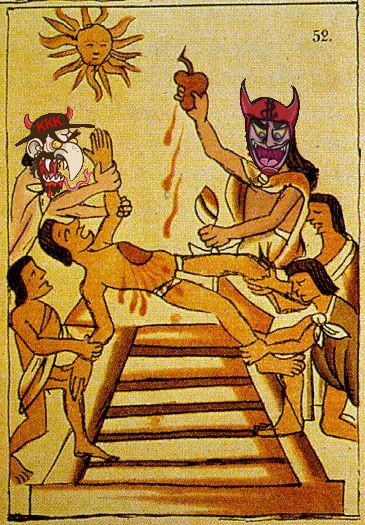israel’s First Heart Transplant
By ALISON WEIR (excerpt)
Israel’s very first, historic heart transplant used a heart removed from a living patient without consent or consulting his family.
In December 1968 a man named Avraham Sadegat (the New York Times seems to give his name as A Savgat) died two days after a stroke, even though his family had been told he was “doing well.”
After initially refusing to release his body, the Israeli hospital where he was being treated finally turned the man’s body over to his family. They discovered that his upper body was wrapped in bandages; an odd situation, they felt, for someone who had suffered a stroke.
When they removed the bandages, they discovered that the chest cavity was stuffed with bandages, and the heart was missing.
During this time, the headline-making Israeli heart transplant had occurred. After their initial shock, the man’s wife and brother began to put the two events together and demanded answers.
The hospital at first denied that Sadegat’s heart had been used in the headline-making transplant, but the family raised a media storm and eventually applied to three cabinet ministers. Finally, weeks later and after the family had signed a document promising not to sue, the hospital admitted that Sadagat’s heart had been used.
The hospital explained that it had abided by Israeli law, which allowed organs to be harvested without the family's consent. (The United Nations Convention against Transnational Organized Crime includes the extraction of organs in its definition of human exploitation.)
Indications that the removal of Sadagat’s heart was the actual cause of death went unaddressed.
Director of forensic medicine on missing organs
A 1990 article in the Washington Report on Middle East Affairs entitled “Autopsies and Executions” by Mary Barrett reports on the grotesque killings of young Palestinians. It includes an interview with Dr. Hatem Abu Ghazalch, the former chief health official for the West Bank under Jordanian administration and director of forensic medicine and autopsies.
Barrett asks him about “the widespread anxiety over organ thefts which has gripped Gaza and the West Bank since the intifada began in December of 1987.”
He responded:
"There are indications that for one reason or another, organs, especially eyes and kidneys, were removed from the bodies during the first year or year and a half. There were just too many reports by credible people for there to be nothing happening. If someone is shot in the head and comes home in a plastic bag without internal organs, what will people assume?”
Mysterious Scottish death
In 1998 a Scot named Alisdair Sinclair died under questionable circumstances while in Israeli custody at Ben Gurion airport.
His family was informed of the death and, according to a report in J Weekly, “…told they had three weeks to come up with about $4,900 to fly Sinclair's corpse home. [Alisdair’s brother] says the Israelis seemed to be pushing a different option: burying Sinclair in a Christian cemetery in Israel, at a cost of about $1,300.”
The family scraped up the money, brought the body home, and had an autopsy performed at the University of Glasgow. It turned out that Alisdair’s heart and a tiny throat bone were missing. At this point the British Embassy filed a complaint with Israel.
The J report states:
“A heart said to be Sinclair's was subsequently repatriated to Britain, free of charge. James wanted the [Israeli] Forensic Institute to pay for a DNA test to confirm that this heart was indeed their brother's, but the Institute's director, Professor Jehuda Hiss refused, citing the prohibitive cost, estimated by some sources at $1,500.”
Despite repeated requests from the British Embassy for the Israeli pathologist's and police reports, Israeli officials refused to release either. source



0 Comments:
Post a Comment
<< Home